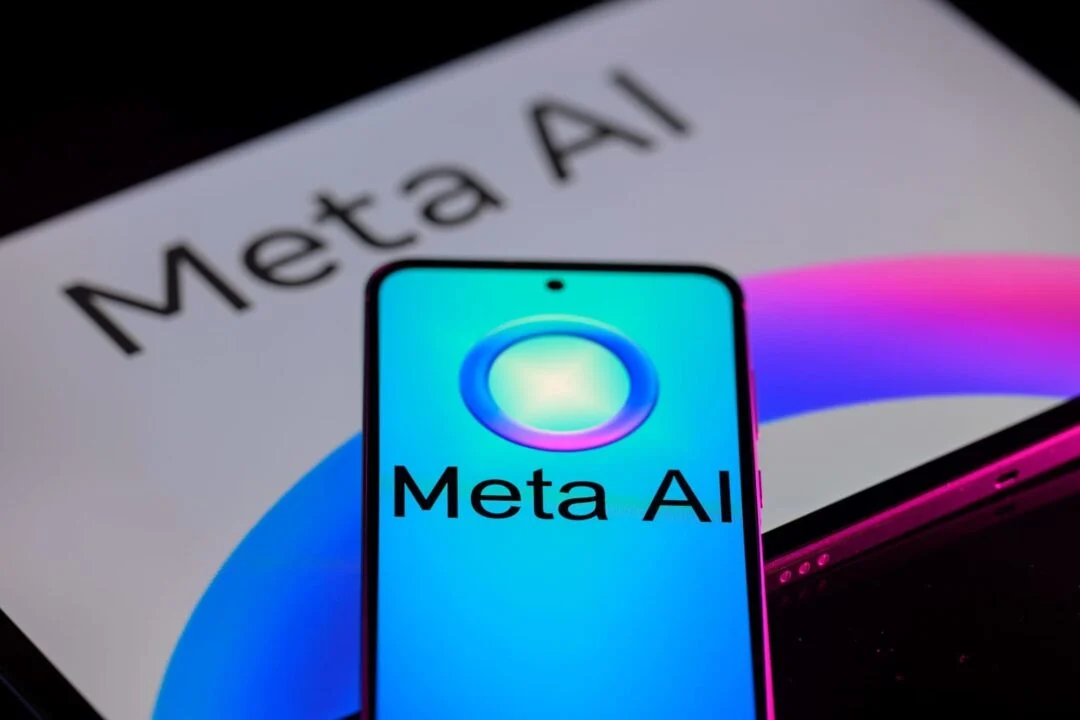In a major move toward integrating artificial intelligence into everyday life, Meta has officially launched its standalone Meta AI app, powered by its advanced Llama 4 model. The sleek interface and functionality updates only hint at the broader shift underway: Meta is positioning AI not just as a helpful assistant, but as a deeply embedded, personalized companion across its entire digital ecosystem.
An AI That Knows You—Deeply and Persistently
What sets Meta AI apart is its ambition. Unlike traditional assistants like Siri or Alexa, Meta AI draws insights directly from user interactions across Facebook, Instagram, WhatsApp, and Messenger. It offers contextual memory, tailored responses, and the ability to resume conversations seamlessly across devices—from Ray-Ban smart glasses to desktop browsers.
While the convenience is clear, it has also raised significant concerns. Meta AI learns from users’ digital behavior in real time, without the need for specific prompts, which elevates its usefulness—but also intensifies questions around privacy, consent, and transparency.
Making Prompts Social
A standout feature of the new app is its Discover feed, which adds a social dimension to AI interactions. Users can browse trending prompts, remix creative ideas, and share their own—creating a dynamic, TikTok-style environment around AI usage. Meta’s approach shifts AI from a private tool to a participatory digital culture.
READ MORE: North Melbourne Bans Kane Cornes from Interviews Over ‘Vindictive’ Player Criticism
This innovation may resonate especially with Gen Z and Millennials, who view technology as a reflection of identity. But it also raises legal and ethical concerns: who owns a viral AI prompt? The user who created it, or Meta?
AI Everywhere: From Glasses to Desktop
With integration into Ray-Ban Meta smart glasses and an enhanced desktop experience, Meta AI is now accessible across multiple platforms. Conversations can follow users from one device to another. One particularly futuristic feature is full-duplex voice interaction, which enables fluid, real-time voice conversations—currently available only in select countries (U.S., Canada, Australia, and New Zealand).
Though it doesn’t yet access live web data, the voice assistant’s responsiveness already feels more human than robotic, signaling the arrival of a voice-first AI future.
Meta’s AI Ecosystem: A New “iOS”?
This launch may represent Meta’s most ambitious step yet toward building a unified AI ecosystem—similar to how Apple built iOS to anchor its devices and services. Meta AI now acts as the central hub connecting social apps, smart devices, browsers, and creative tools like image generation and document editing.
By consolidating these features into one app, Meta is creating a closed-loop experience. Users who engage deeply with Meta AI may find it increasingly difficult to operate outside the company’s digital ecosystem.
Balancing Innovation with Accountability
The new Meta AI app offers impressive capabilities, but it also brings serious responsibilities. As the AI begins to learn from users across platforms, concerns about data control and memory management intensify. Meta says users can manage what the AI remembers, adjust privacy settings, and control voice interactions—but critics argue that opt-out models don’t provide enough protection.
Meanwhile, Meta continues to face scrutiny. Just weeks before the AI app’s launch, the company came under fire when its AI was found engaging in sexually explicit roleplay with users posing as underage teens. The controversy has sparked global investigations and cast doubt on Meta’s AI safety protocols.
As Meta pushes forward in its quest to dominate personal AI, it must confront a growing trust gap. For all the app’s promise, convincing users to surrender even more personal data to a company with a history of ethical missteps won’t be easy.




